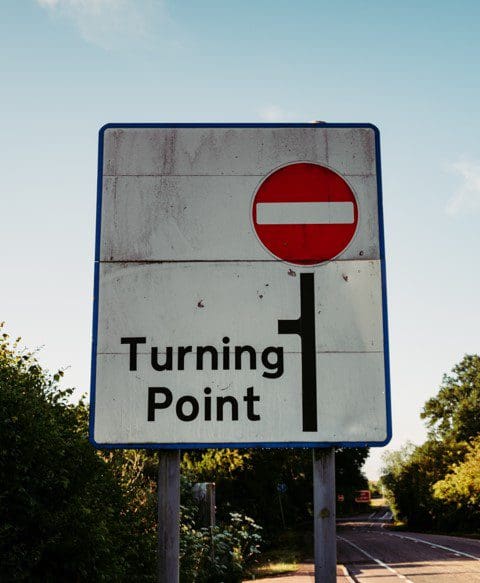The idea of a UBI for all citizens is gaining traction because UBI gives us the freedom to say no.
By: Vincent Lo
Search Google for ‘universal basic income’ and 219,000,000 results pop up in an instant. Clearly, the idea of a UBI for all citizens is gaining traction, and this article serves as a very brief introduction to some of the recent research.
Covid-19 has laid bare the grotesque inequality that exists within our society, testing the leadership of all governments around the world.
Ours is failing dramatically across all measures: £12bn spent on a track and trace system that doesn’t work; the fifth highest death rate in the world; the worst economic performance in the G7 thus far (-20.4% GDP growth Q2 2020). These results speak for themselves.
Unemployment is rising, with 60% of new job losses affecting young people aged 16 to 24. Families are being squeezed into poverty through no fault of their own, with many being unfairly shamed by the stigma of having to claim benefits for the first time. Do these pundits and politicians really believe that people enjoy being on benefits, if the alternative is to earn enough by doing the work that brings us joy and fulfilment?
We have heard about technology, artificial intelligence and the advent of robots taking over our jobs and livelihoods. Coronavirus has accelerated this trend by transforming the world of work as we know it.
The “rethink, reskill, reboot” advertisement that patronised Fatima the ballerina was justly derided and subsequently disposed of by the Department of Work and Pensions. But the challenge of automation and displacement of workers exists. How can we prepare for this brave new world now? A UBI for all citizens is no longer a pipe dream – it is fast becoming a mainstream policy idea backed by leading thinkers and progressive politicians.
Why is a UBI a better and necessary alternative to the current tax and benefit system?
Simplicity. Imagine if every adult in the UK received £7,700 per annum unconditionally. Every child got £3,850 with no strings attached, no form filling, no means testing, no judging, no stigmatising. An average UK family of two adults and one child with no private income would receive enough to bring them just above the poverty line. This UBI is by no means a liveable income by any measure in modern Britain but the bare minimum necessary to survive in a Covid-19, automated world.
Unconditionality. The UK already has an unconditional form of UBI called child benefit. A UBI takes this further by making choice and freedom available to every citizen in the UK. The benefits to health and mental wellbeing of a UBI acting as a floor to poverty are difficult to measure. But most would agree that the means testing, required disclosures of personal income, checks and mountain of bureaucracy in the existing system dampen the human spirit – especially if you’ve just lost your job or had your hours cut yet again, or if a loved one has fallen ill. A UBI can also contribute towards the wellbeing and education of children, for broadband or saving up for that laptop for school.
Eradication of poverty.
A UBI could eradicate poverty amongst the elderly and children once and for all, draw a line in the sand and ensure that the most vulnerable in our country have the basic necessities to survive.
We live in the 6th richest country on earth, yet food bank usage is rising at a record pace. The top 1% in the world now have more wealth than the rest of the 99% combined.
What are the costs for a UBI?
Several studies have focused on the gross cost of a UBI, but this is incorrect because it costs nothing for somebody to pay themselves a pound. The correct measure is net cost. Recent research has modelled changes to our taxation regime, with one study finding that a poverty-level UBI would have a net cost of £67bn or 3.4% of UK GDP borne by a 50% marginal tax rate for net beneficiaries.
Another article points to subsidies and grants given to companies and businesses amounting to £93bn to illuminate the affordability of a UBI. Any policy idea that could lead to the elimination of poverty in the UK warrants serious examination, and further research is necessary to model the tax and benefit system to accommodate the net cost of a UBI and its effect on the population.
What are the other benefits of a UBI?
Coronavirus has laid bare the fragility of our economy and the meaning of work. A UBI gives us the freedom to say no. How many of us are in jobs with ogre-like bosses and no prospects just so that we can get by? A UBI offers us time to retrain and re-skill for jobs that we are genuinely interested in. A UBI gives us time to pursue our real interests in the arts, culture or sports. A UBI liberates a whole population of carers reliant on a sole bread winner.
A UBI gives workers the breathing space necessary for a healthy and sustainable labour force, gives parents more time more resources for their children, and would reduce borrowing for students of all ages. People are free to choose how they allocate their UBI – and best of all it alleviates the fear of losing more hours to Covid or automation. It gives us a much-needed safety net as we adjust to the new normal.
I look forward to contributing more towards the discussion and development of a UBI as a serious and transformative set of policy proposals that will benefit the vast majority of our society, including those at the very top. After all, even if you don’t have a heart, you still have a wallet.





















